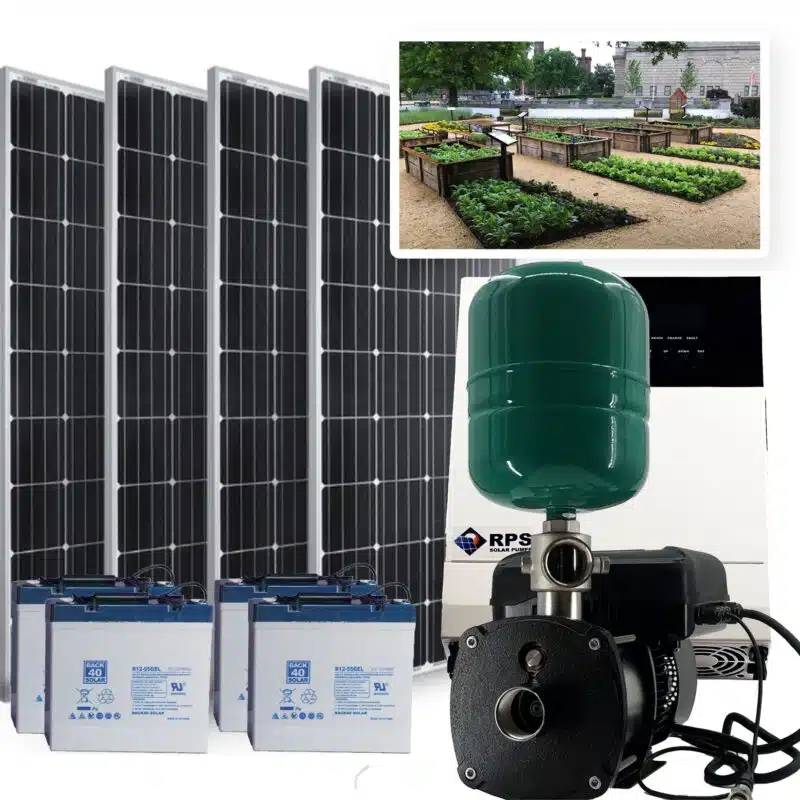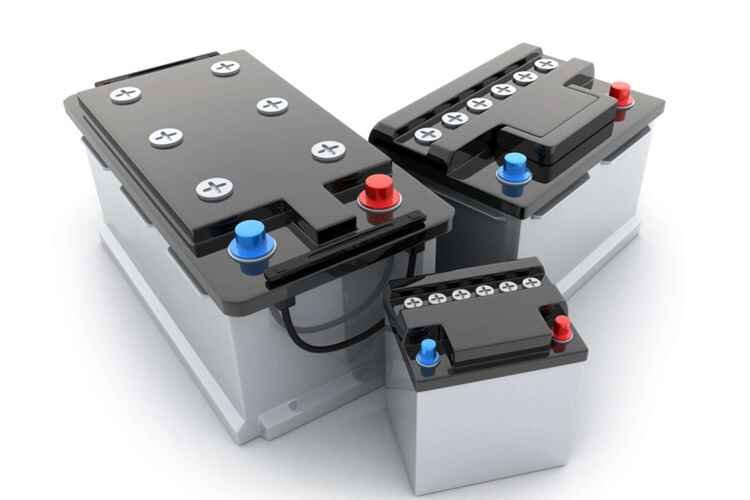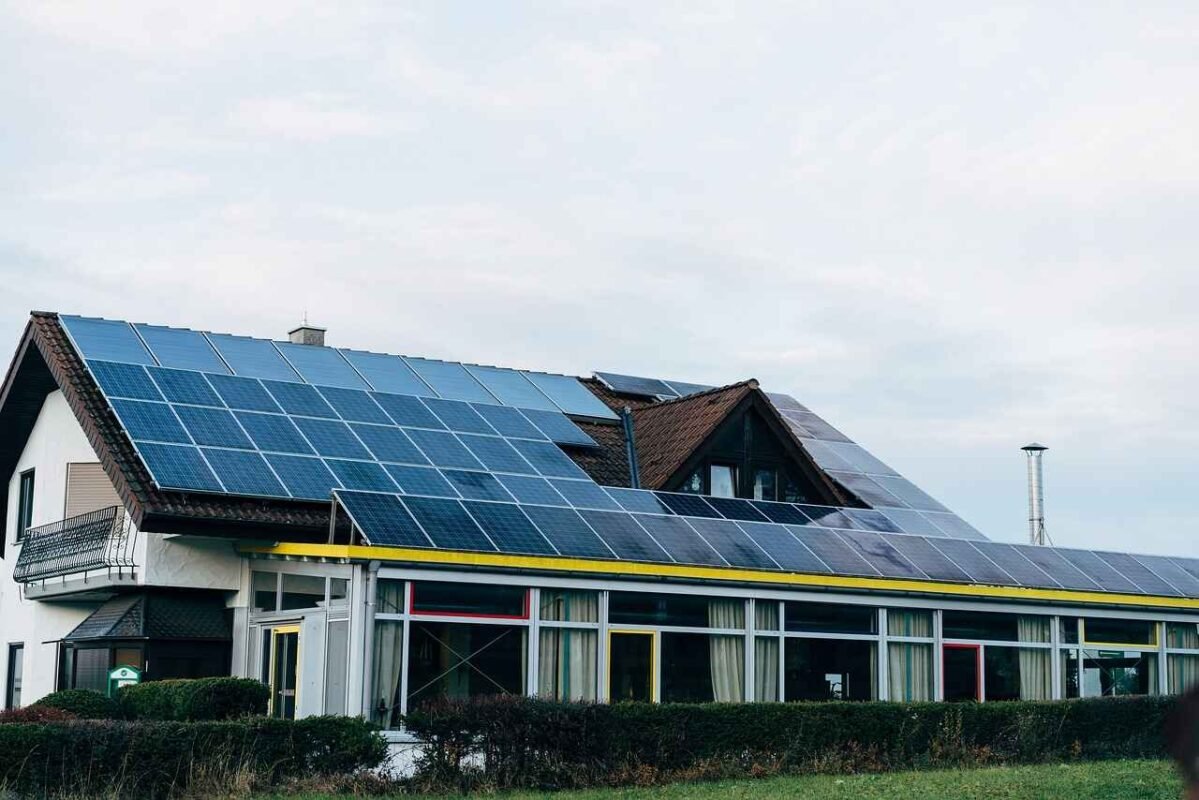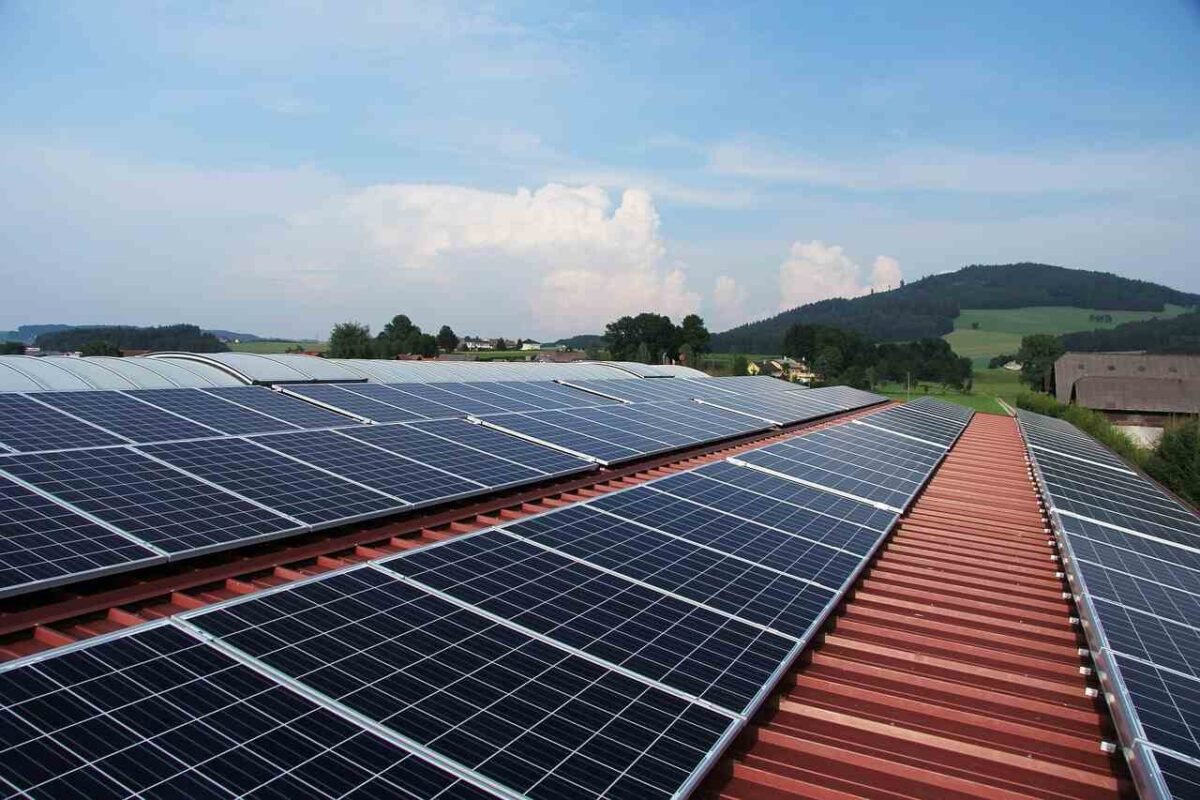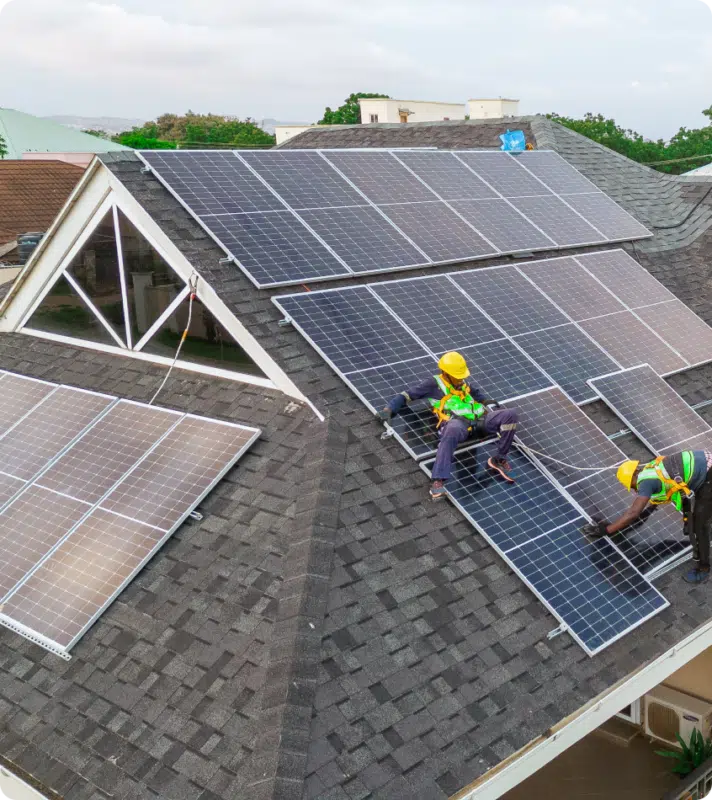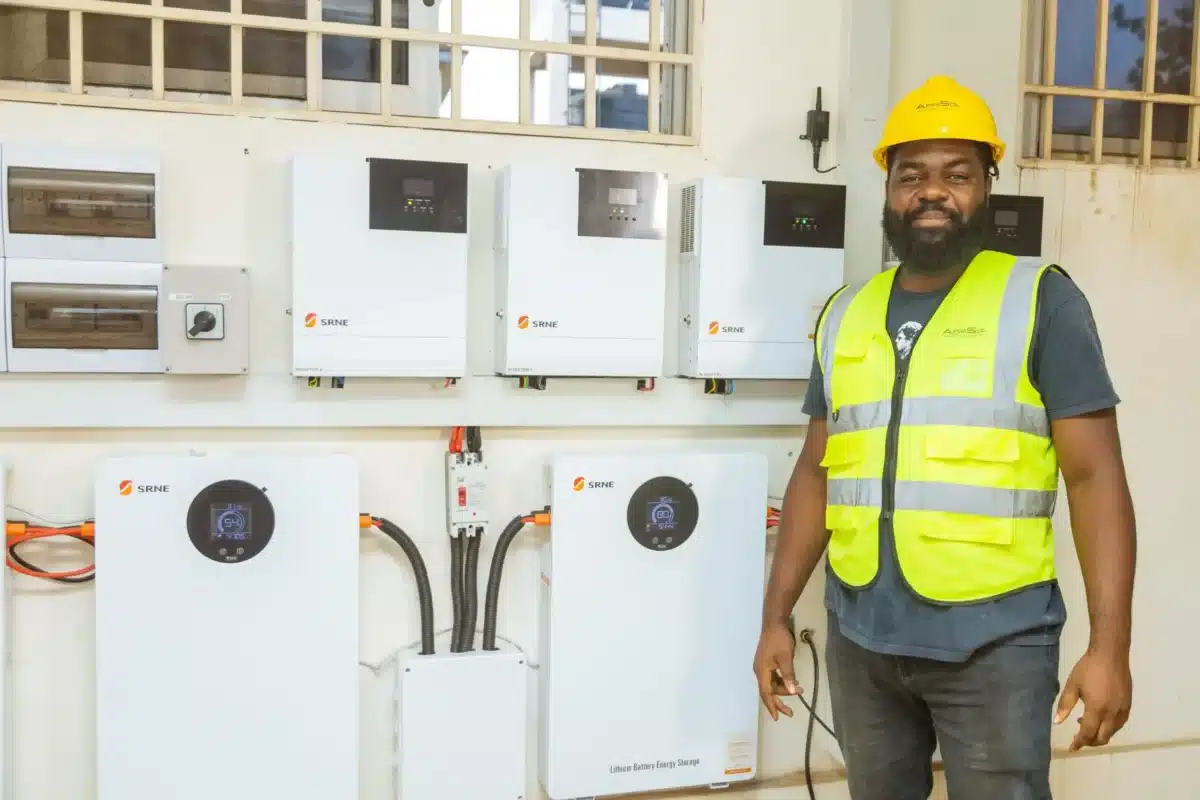Blogs
How Solar Power Helped a Ghanaian Business Slash Energy Bills
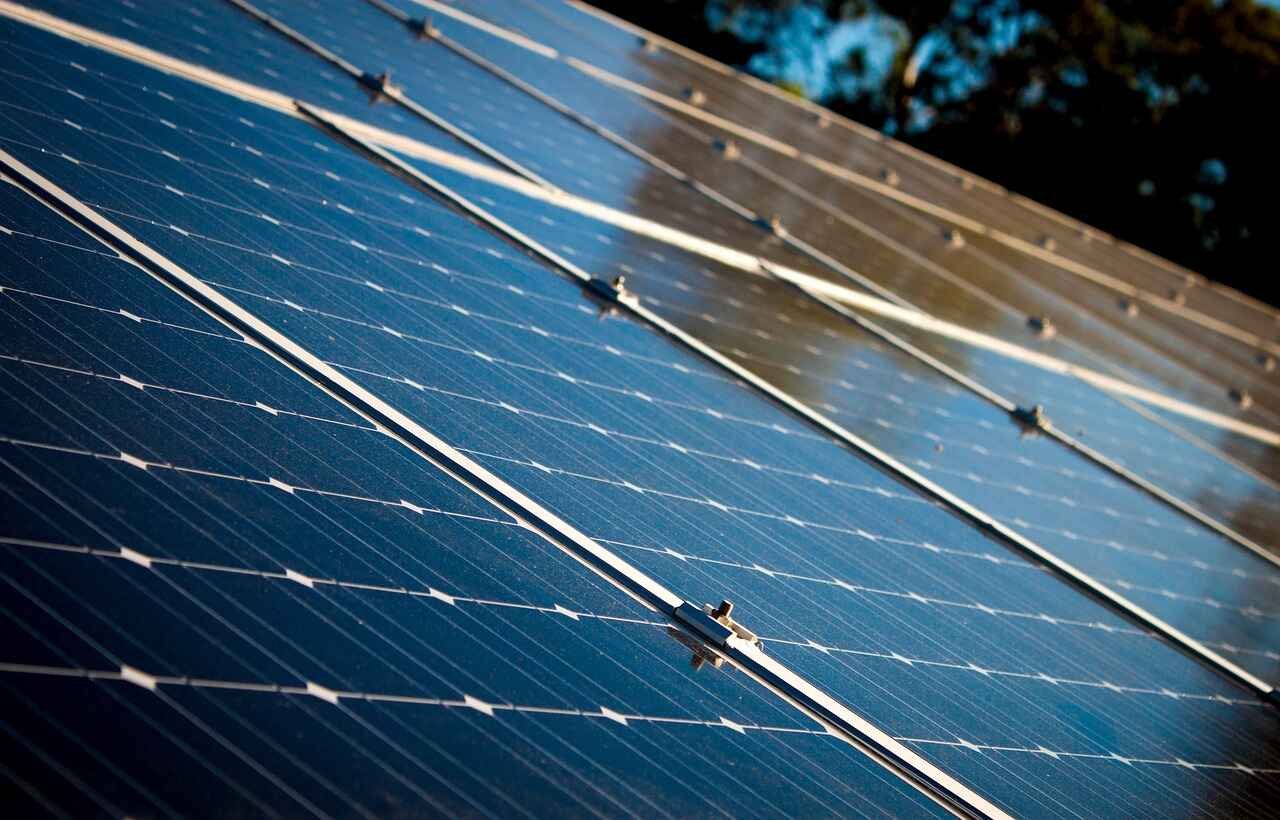
Solar Power Helped a Ghanaian Business save money and reduce energy costs by switching to solar energy, showcasing the impact of renewable power on businesses worldwide.
Energy costs can be a heavy burden for businesses in Ghana. Many rely on expensive and unreliable power sources. But one company found a solution. They turned to solar power and saw a significant drop in their energy bills. This change not only saved money but also boosted their overall efficiency.
Discover how this Ghanaian business made the switch to solar power and the benefits they experienced. Learn how solar energy can be a game-changer for businesses facing high energy costs.
Introduction To Solar Power In Ghana
Ghana has seen a rise in energy costs in recent years. Businesses are searching for ways to reduce expenses. One effective solution is solar power. Solar energy is abundant in Ghana. It offers a cost-effective and sustainable energy source.
Rising Energy Costs
Energy costs in Ghana have been increasing. Businesses are feeling the strain. High energy bills cut into profits. They make it hard to budget. Many companies have looked for alternatives. Traditional energy sources are becoming too expensive. The need for a reliable and affordable energy source is clear.
Adoption Of Solar Power
Solar power is gaining popularity in Ghana. More businesses are installing solar panels. They see the benefits. Solar power reduces energy bills. It also provides a reliable energy source. Companies can operate without interruption. Solar power systems have become more affordable. The government supports solar energy projects.
| Benefits of Solar Power | Details |
|---|---|
| Cost Savings | Lower energy bills, reduced operational costs |
| Sustainability | Environmentally friendly, reduces carbon footprint |
| Reliability | Consistent energy supply, less dependency on grid |
Businesses that adopt solar power enjoy many benefits. They cut costs, protect the planet, and guarantee a reliable energy source. Solar power is a smart investment. It offers long-term savings. It also provides energy security.
The Ghanaian Business Profile
Solar power is transforming energy consumption worldwide. One inspiring example is a Ghanaian business that significantly cut its energy costs. This blog post explores how solar power made a difference for them, starting with the business profile.
Business Background
This business, located in Accra, is a mid-sized manufacturing company. It produces consumer goods for the local market. Established in 2005, it has grown steadily over the years. The company employs over 200 people and operates five days a week.
Their products range from household items to small appliances. With a strong commitment to quality, they have built a loyal customer base. Their mission is to provide affordable, high-quality goods to Ghanaian families.
Initial Energy Challenges
Energy costs were a major concern for the business. The company relied heavily on electricity from the national grid. Frequent power outages and high electricity prices affected their operations. They faced:
- Unreliable power supply
- High energy bills
- Production delays due to power cuts
These challenges prompted the management to seek alternative energy solutions. Solar power emerged as a viable option. They decided to invest in solar panels to reduce dependency on the grid.
In the next section, we will explore how this decision impacted their operations and finances.
Decision To Switch To Solar
The decision to switch to solar power can transform businesses. For one Ghanaian company, this choice proved vital in reducing energy costs. Let’s explore the factors and planning involved in their transition to solar energy.
Motivating Factors
Several reasons influenced the company’s decision to switch to solar power:
- Rising Electricity Costs: The business faced high and fluctuating electricity bills.
- Unreliable Power Supply: Frequent power outages disrupted operations.
- Environmental Concerns: The company wanted to reduce its carbon footprint.
Research And Planning
The company took several steps to ensure a smooth transition to solar power:
- Energy Audit: They conducted a thorough audit to understand their energy needs.
- Cost-Benefit Analysis: They compared the costs of solar installation to potential savings.
- Choosing a Provider: They researched and selected a reputable solar energy provider.
- System Design: The provider designed a custom solar system to meet their needs.
- Installation: Professional technicians installed the solar panels and system.
By following these steps, the Ghanaian business successfully switched to solar power, resulting in significant energy cost savings and a more reliable power supply.
Implementation Process
The implementation process of solar power in Ghana is straightforward. This section discusses the essential steps taken by a Ghanaian business to cut energy costs through solar power. From choosing the right provider to the installation steps, we cover everything you need to know.
Choosing A Solar Provider
Finding a reliable solar provider is crucial. The Ghanaian business started by researching local and international providers. They compared costs, services, and customer reviews. The goal was to find a provider with a good reputation and competitive pricing.
- Researched local and international solar providers
- Compared costs and services
- Checked customer reviews
- Selected a provider with a good reputation
Installation Steps
Once the provider was chosen, the installation process began. The steps included an initial site survey, designing the system, and installing the panels.

- Site Survey: The solar provider conducted a site survey. They assessed the roof space and sunlight exposure.
- System Design: Based on the survey, the provider designed a custom solar system. They ensured it met the business’s energy needs.
- Installation: Technicians installed the solar panels and connected them to the electrical system. They ensured everything was working correctly.
- Testing: After installation, the system was tested. The provider made sure it was functioning optimally.
By following these steps, the Ghanaian business was able to reduce its energy costs significantly. Solar power proved to be an efficient and cost-effective solution.
Financial Impact
Solar power has transformed businesses in Ghana. It has significantly reduced energy expenses. This blog section focuses on the financial impact of solar power on one Ghanaian business.
Cost Savings
Switching to solar power has led to huge cost savings. This business saw a 40% reduction in monthly energy bills. Traditional electricity costs were high. Solar power offered a more affordable alternative.
A table below shows the cost comparison:
| Energy Source | Monthly Cost (in GHS) |
|---|---|
| Traditional Electricity | 10,000 |
| Solar Power | 6,000 |
Return On Investment
The initial investment in solar panels was recovered quickly. The business saw a return on investment (ROI) within three years. The solar power system had a lifespan of 25 years. This meant 22 years of almost free electricity.
The ROI can be summarized in the following points:
- Initial investment: GHS 300,000
- Annual savings: GHS 48,000
- Payback period: 6.25 years
The financial impact of solar power was clear. Lower energy costs and a quick ROI made solar power a smart choice.
Operational Benefits
Many businesses seek ways to cut costs. Using solar power can help. One Ghanaian business saved a lot of money by switching to solar. They found many operational benefits. Let’s explore these advantages.
Reliability Of Power Supply
Solar power provides a more reliable energy source. Traditional power grids often face outages. These outages disrupt business operations. Solar panels harness sunlight, ensuring a steady power supply. This consistency improves productivity.
Solar systems have batteries. These batteries store energy. They provide power during cloudy days or at night. This ensures that the business always has electricity. No more worrying about blackouts.
Maintenance And Upkeep
Solar panels need minimal maintenance. This reduces operational costs. Regular inspections ensure the system works well. Cleaning the panels keeps them efficient. Dust and debris can block sunlight. Keeping panels clean is simple and quick.
Most solar systems come with warranties. These warranties cover repairs and replacements. This adds an extra layer of security. The business can focus on its core activities. No need to worry about frequent repairs or high maintenance costs.
In summary, solar power offers many benefits. It provides reliable energy. It also reduces maintenance costs. This helps businesses save money and improve operations.
Community And Environmental Impact
Solar power has not only helped a Ghanaian business cut energy costs but has also created significant community and environmental impact. By adopting solar energy, this business has positively influenced its local community and promoted environmental sustainability. This blog post explores these impacts in detail.
Local Community Benefits
The business’s switch to solar power has brought numerous benefits to the local community:
- Job creation: Installing and maintaining solar panels require skilled workers, leading to new job opportunities.
- Educational opportunities: The business has partnered with local schools to teach students about renewable energy.
- Improved energy access: Reliable power supply has helped local businesses and households reduce outages.
These benefits foster economic growth and enhance the quality of life for community members.
Environmental Sustainability
Solar power plays a crucial role in promoting environmental sustainability:
- Reduced carbon footprint: Solar energy reduces greenhouse gas emissions, contributing to cleaner air.
- Conservation of natural resources: Unlike fossil fuels, solar energy is renewable and abundant.
- Less environmental degradation: Solar panels have minimal impact on land and water resources.
By choosing solar power, the business helps protect the environment and promotes a sustainable future.
| Community Benefit | Environmental Impact |
|---|---|
| Job creation | Reduced carbon emissions |
| Educational opportunities | Conservation of resources |
| Improved energy access | Less environmental degradation |
The transition to solar power has had a profound effect on the Ghanaian business and its surrounding community. These changes demonstrate the potential of renewable energy to drive positive social and environmental outcomes.
Future Prospects
The adoption of solar power has significantly transformed a Ghanaian business by reducing energy costs. The future looks even brighter as the business plans to expand its solar infrastructure and inspire others in the community.
Expansion Plans
The Ghanaian business plans to increase its solar capacity. This will involve installing more solar panels on their premises. The goal is to generate even more electricity. This will further reduce dependency on the national grid. They aim to become fully self-sufficient in energy. This will help them save even more on electricity bills. The expansion also includes upgrading existing equipment. This will ensure maximum efficiency and longevity of the solar systems.
Inspiring Other Businesses
The success of this business has caught the attention of many. Other local businesses are now interested in solar power. They see the financial benefits and environmental impact. This business is sharing its journey and experiences. They hold workshops and seminars. They provide practical advice and support. Their goal is to create a community of solar-powered businesses. This will not only help individual businesses but also improve the local economy.
Frequently Asked Questions
How Did Solar Power Reduce Energy Costs In Ghana?
Solar power provided a reliable and sustainable energy source. This reduced reliance on expensive and unpredictable grid electricity. The business saved significantly on energy bills.
What Are The Benefits Of Solar Power For Businesses?
Solar power offers cost savings, energy independence, and environmental benefits. It reduces electricity bills and carbon footprint. It is a sustainable energy source.
How Does Solar Power Improve Business Sustainability?
Solar power reduces greenhouse gas emissions. It promotes environmental responsibility and contributes to long-term sustainability. It also enhances the business’s green credentials.
What Challenges Do Businesses Face With Solar Power?
Initial installation costs can be high. Maintenance and weather dependency can also pose challenges. However, long-term benefits outweigh these issues.
Conclusion
Solar power transformed the Ghanaian business’s energy strategy. They cut costs significantly. Sustainable practices brought financial relief. The switch to solar energy made a big difference. The business now enjoys lower electricity bills. Embracing solar power was a smart choice.
It shows how renewable energy can benefit companies. Other businesses can learn from this success. Solar power offers a bright future for energy savings.









